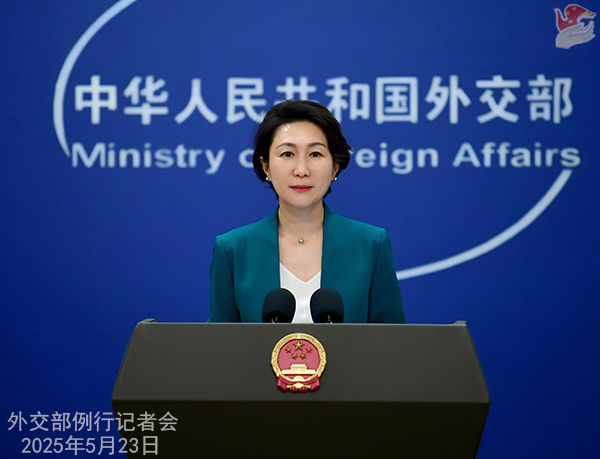
By Tahir Imin Uyghurian
May 23, 2025, 10:30 am ET
The Trump administration’s decision to ban Harvard University from enrolling international students has sparked strong backlash from Chinese officials, who framed the move as “politicizing education cooperation.” However, U.S. authorities say the action is in response to evidence of Harvard’s alleged coordination with the Chinese Communist Party — a claim that reflects growing concerns about foreign influence in American institutions.
On Thursday, Kristi Noem, Secretary of Homeland Security, said: “This administration is holding Harvard accountable for fostering violence, antisemitism, and coordinating with the Chinese Communist Party on its campus.” source
“China-U.S. education cooperation benefits both sides. China opposes politicizing education cooperation. What the U.S. seeks to do will undoubtedly hurt its own image and reputation in the world. China will firmly protect the legitimate and lawful rights and interests of Chinese students and scholars overseas,” said Mao Ning, replying to a Reuters question on the matter.
In a letter to Harvard President Alan Garber on Monday, Representatives John Moolenaar, Tim Walberg, and Elise Stefanik wrote that “Harvard hosted members of the Xinjiang Production and Construction Corps at multiple training conferences — including after the Trump administration sanctioned the group.”
On Friday, a Bloomberg reporter pressed Chinese officials further:
“Bloomberg: A follow-up to the question on Harvard just now. Specifically, there was a reference to connections with Xinjiang. And earlier this week, there was a letter from U.S. lawmakers sent to the Harvard President demanding information about the school’s links to China’s government and military. For example, they alleged that the university hosted and trained members of XPCC, Xinjiang Production and Construction Corp. This of course was sanctioned by the U.S. side in 2020. So could you specifically address the concerns over the connections between Harvard and Xinjiang and the XPCC?”
The Chinese spokesperson Mao Ning responded:
“Let me reiterate that China opposes politicizing education cooperation and groundlessly attacking and vilifying China. The sanctions you mentioned are illicit and should be lifted immediately.”
Her remarks did not address the specific allegations involving Harvard’s reported collaboration with the XPCC — a paramilitary group sanctioned by the U.S. for its role in the repression of Uyghurs.
Harvard Linked to Sanctioned Chinese Paramilitary Group
Officials from the Xinjiang Production and Construction Corps (XPCC) took part in executive training programs at Harvard’s T.H. Chan School of Public Health in 2023 and 2024, according to research by China-focused intelligence firm Strategy Risks. These programs, conducted in coordination with China’s National Healthcare Security Administration, centered on health insurance governance and public health policy. The findings were later reported by the Washington Free Beacon.
The XPCC, often described as a quasi-military and economic organization directly under Beijing’s control, was sanctioned by the U.S. Treasury Department in July 2020 under the Global Magnitsky Act. U.S. authorities cited the XPCC’s central role in enforcing mass surveillance, forced labor, and the internment of Uyghurs and other Turkic peoples across the Uyghur homeland. These sanctions prohibit American institutions from engaging in most forms of collaboration with the XPCC.
“The XPCC is not a neutral administrative body—it is the paramilitary arm of the Chinese Communist Party,” said Sabrina Sohail, director of advocacy and communications at Campaign for Uyghurs, in an interview with RFA. “By training its officials, Harvard risks legitimizing a system complicit in genocide.”
Harvard has yet to issue a public response to these revelations. The university now faces mounting pressure to explain its engagement with sanctioned entities accused of complicity in human rights abuses.








